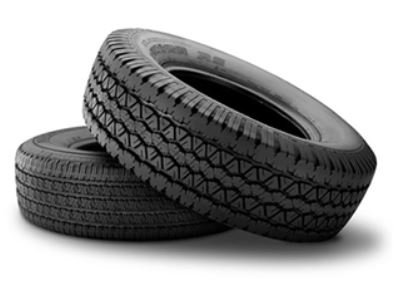

Winter vs Summer Tires

Car tires have certainly changed over the years and certainly, in Canada, the debate between the performance and safety of winter vs summer tires has been hot. Now with tires deemed "All Season", there is even further discussion about whether winter tires are necessary. Some provinces have even legislated that from mid-December through March, cars registered in the province must be outfitted with winter tires. While it is not the law in Ontario, the Ministry of Transportation does provide advice for driving in winter that includes installing winter tires.
The differences that are relevant include the structure of the tires, the rubber compound and tread pattern. The main impact of these difference is traction — an important factor on snow and ice:
►Extreme weather can cause rubber of summer or all season tires to stiffen — even at 7ºC all season tires can lose grip
►Winter tires have deeper tread depths
►Winter tires have what is called biting edges to improve traction
So, if you are going to drive a lot in the winter you need to make sure you have the right tires for your area. Many insurance companies provide a discount if you install winter tires. In Northern Ontario you can even have studded tires to improve your traction but studs are not as effective on bare pavement and are not allowed in Southern Ontario — unless you are visiting or a permanent resident of Northern Ontario. You may not consider changing tires for the winter months necessary if you live in an area that does not get a lot of snow and ice. However remember, better traction in cold conditions and an improved braking distance can go a long way to keeping you safe in winter. In any season you should check your tires regularly for wear and pressure. You are also well advised to maintain one set of tires on your car — don't mix summer or all season with winter tires. Kalinowski Power can help you get ready for winter.











